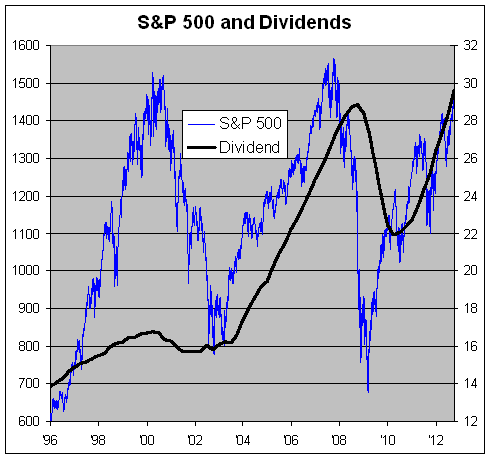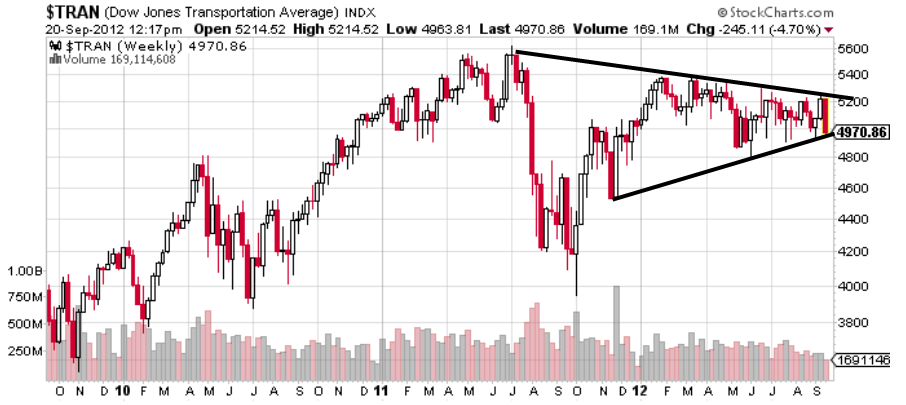By: Sandrine Soubeyran, Director, Global Investment Research
Key takeaways:
- Despite economic setbacks during the Great Recession and Covid-19, South Africa is poised to almost double its growth in 2025 and 2026
- Financial reforms, lower rates and inflation are expected to foster an environment of stronger consumer spending
- The economy boasts one of Africa’s most industrialised, technologically advanced, and diversified, but electricity disruptions and shortages have historically held back growth. However, the government has renewed impetus to improve legacy infrastructure, and look for new opportunities in renewable energy solutions
- The country is well positioned to benefit from new technologies and its vast mineral wealth as nations look to integrate AI across their economies and diversify their supply chains from China
- South African mining performance is returning into favour. Technology has become one of the larger industries, having grown rapidly from zero to about 15% in just a few years
- South African equities have a higher dividend yield than the average emerging market, making the market interesting for income-focused investors. Moreover, their valuations today are well below their 10-year average
- But the RSA economy will not be insulated from trade tariffs, which could disrupt global supply chains and raise costs worldwide, while a repeat of severe droughts/heatwaves would dent economic growth projections
Points of differentiation:
This paper provides valuable and unique insights into the structural differences and investment opportunities within the South African equity market.
The paper reminds readers that South Africa holds the G20 Presidency in 2025, with an agenda set to focus on improving the lives of South Africans and growing the economy.
It explains how the combination of financial reforms and lower interest rates position the country well to benefit from increased consumer spending and the trend for new technologies.
It highlights the benefits of the South African equity market, which has a large exposure to technology and a large mineral wealth market critical to the expansion and adoption of artificial intelligence.
The analysis also shows the significant contribution from dividend yields to the total return performance of the market historically.
The findings show that equity valuations are inexpensive relative to peers and history, making the market interesting for value investing.
What does our research mean for investors?
For investors, this research underscores the opportunities and risks of the South African equity market, shaped by the interplay of market composition, and economic growth dynamics. Here’s what it means:
- South Africa’s gross national income per capita places the country closer to the global average: Its economic growth is expected to double in 2025 and 2026, according to the IMF
- Important Financial reforms, lower rates and inflation could foster an environment of stronger consumer spending and provide the economy with a reset
- Political and economic drive to develop and modernise the infrastructure: South Africa is one of region’s most industrialised, technologically advanced, and diversified. There is renewed impetus to improve legacy infrastructure and address electricity shortages and look for new opportunities in renewable energy solutions
- More focus on natural resources: South Africa is well positioned to benefit from new technologies and its mineral wealth as nations look to integrate Artificial Intelligence across their economies and diversify their supply chains from China
- Equity sector leadership is changing: South African mining performance is returning into favour, displacing previous sector leaderships. Technology has become one of the larger industries in the South African equity market, having grown rapidly from zero to about 15% in just a few years
- Income and valuation in focus: Dividend yields make an important contribution to the performance of the equity market, making it interesting for income-focused investors. In addition, the market has become sharply derated and interesting for value investors
- Climate and protectionist policies are risks: The RSA economy will not be insulated from trade tariffs, which could disrupt global supply chains and raise costs worldwide
Originally posted on March 26, 2025.
Read the complete research report on LSEG blog.
PHOTO CREDIT: https://www.shutterstock.com/g/WDgraph
VIA SHUTTERSTOCK
DISCLOSURES:
© 2025 London Stock Exchange Group plc and its applicable group undertakings (“LSEG”). LSEG includes (1) FTSE International Limited (“FTSE”), (2) Frank Russell Company (“Russell”), (3) FTSE Global Debt Capital Markets Inc. and FTSE Global Debt Capital Markets Limited (together, “FTSE Canada”), (4) FTSE Fixed Income Europe Limited (“FTSE FI Europe”), (5) FTSE Fixed Income LLC (“FTSE FI”), (6) FTSE (Beijing) Consulting Limited (“WOFE”) (7) Refinitiv Benchmark Services (UK) Limited (“RBSL”), (8) Refinitiv Limited (“RL”) and (9) Beyond Ratings S.A.S. (“BR”). All rights reserved.
FTSE Russell® is a trading name of FTSE, Russell, FTSE Canada, FTSE FI, FTSE FI Europe, WOFE, RBSL, RL, and BR. “FTSE®”, “Russell®”, “FTSE Russell®”, “FTSE4Good®”, “ICB®”, “Refinitiv” , “Beyond Ratings®”, “WMR™” , “FR™” and all other trademarks and service marks used herein (whether registered or unregistered) are trademarks and/or service marks owned or licensed by the applicable member of LSEG or their respective licensors and are owned, or used under licence, by FTSE, Russell, FTSE Canada, FTSE FI, FTSE FI Europe, WOFE, RBSL, RL or BR. FTSE International Limited is authorised and regulated by the Financial Conduct Authority as a benchmark administrator. Refinitiv Benchmark Services (UK) Limited is authorised and regulated by the Financial Conduct Authority as a benchmark administrator.
All information is provided for information purposes only. All information and data contained in this publication is obtained by LSEG, from sources believed by it to be accurate and reliable. Because of the possibility of human and mechanical inaccuracy as well as other factors, however, such information and data is provided “as is” without warranty of any kind. No member of LSEG nor their respective directors, officers, employees, partners or licensors make any claim, prediction, warranty or representation whatsoever, expressly or impliedly, either as to the accuracy, timeliness, completeness, merchantability of any information or LSEG Products, or of results to be obtained from the use of LSEG products, including but not limited to indices, rates, data and analytics, or the fitness or suitability of the LSEG products for any particular purpose to which they might be put. The user of the information assumes the entire risk of any use it may make or permit to be made of the information.
No responsibility or liability can be accepted by any member of LSEG nor their respective directors, officers, employees, partners or licensors for (a) any loss or damage in whole or in part caused by, resulting from, or relating to any inaccuracy (negligent or otherwise) or other circumstance involved in procuring, collecting, compiling, interpreting, analysing, editing, transcribing, transmitting, communicating or delivering any such information or data or from use of this document or links to this document or (b) any direct, indirect, special, consequential or incidental damages whatsoever, even if any member of LSEG is advised in advance of the possibility of such damages, resulting from the use of, or inability to use, such information.
No member of LSEG nor their respective directors, officers, employees, partners or licensors provide investment advice and nothing in this document should be taken as constituting financial or investment advice. No member of LSEG nor their respective directors, officers, employees, partners or licensors make any representation regarding the advisability of investing in any asset or whether such investment creates any legal or compliance risks for the investor. A decision to invest in any such asset should not be made in reliance on any information herein. Indices and rates cannot be invested in directly. Inclusion of an asset in an index or rate is not a recommendation to buy, sell or hold that asset nor confirmation that any particular investor may lawfully buy, sell or hold the asset or an index or rate containing the asset. The general information contained in this publication should not be acted upon without obtaining specific legal, tax, and investment advice from a licensed professional.
Past performance is no guarantee of future results. Charts and graphs are provided for illustrative purposes only. Index and/or rate returns shown may not represent the results of the actual trading of investable assets. Certain returns shown may reflect back-tested performance. All performance presented prior to the index or rate inception date is back-tested performance. Back-tested performance is not actual performance, but is hypothetical. The back-test calculations are based on the same methodology that was in effect when the index or rate was officially launched. However, back-tested data may reflect the application of the index or rate methodology with the benefit of hindsight, and the historic calculations of an index or rate may change from month to month based on revisions to the underlying economic data used in the calculation of the index or rate.
This document may contain forward-looking assessments. These are based upon a number of assumptions concerning future conditions that ultimately may prove to be inaccurate. Such forward-looking assessments are subject to risks and uncertainties and may be affected by various factors that may cause actual results to differ materially. No member of LSEG nor their licensors assume any duty to and do not undertake to update forward-looking assessments.
No part of this information may be reproduced, stored in a retrieval system or transmitted in any form or by any means, electronic, mechanical, photocopying, recording or otherwise, without prior written permission of the applicable member of LSEG. Use and distribution of LSEG data requires a licence from LSEG and/or its licensors.



